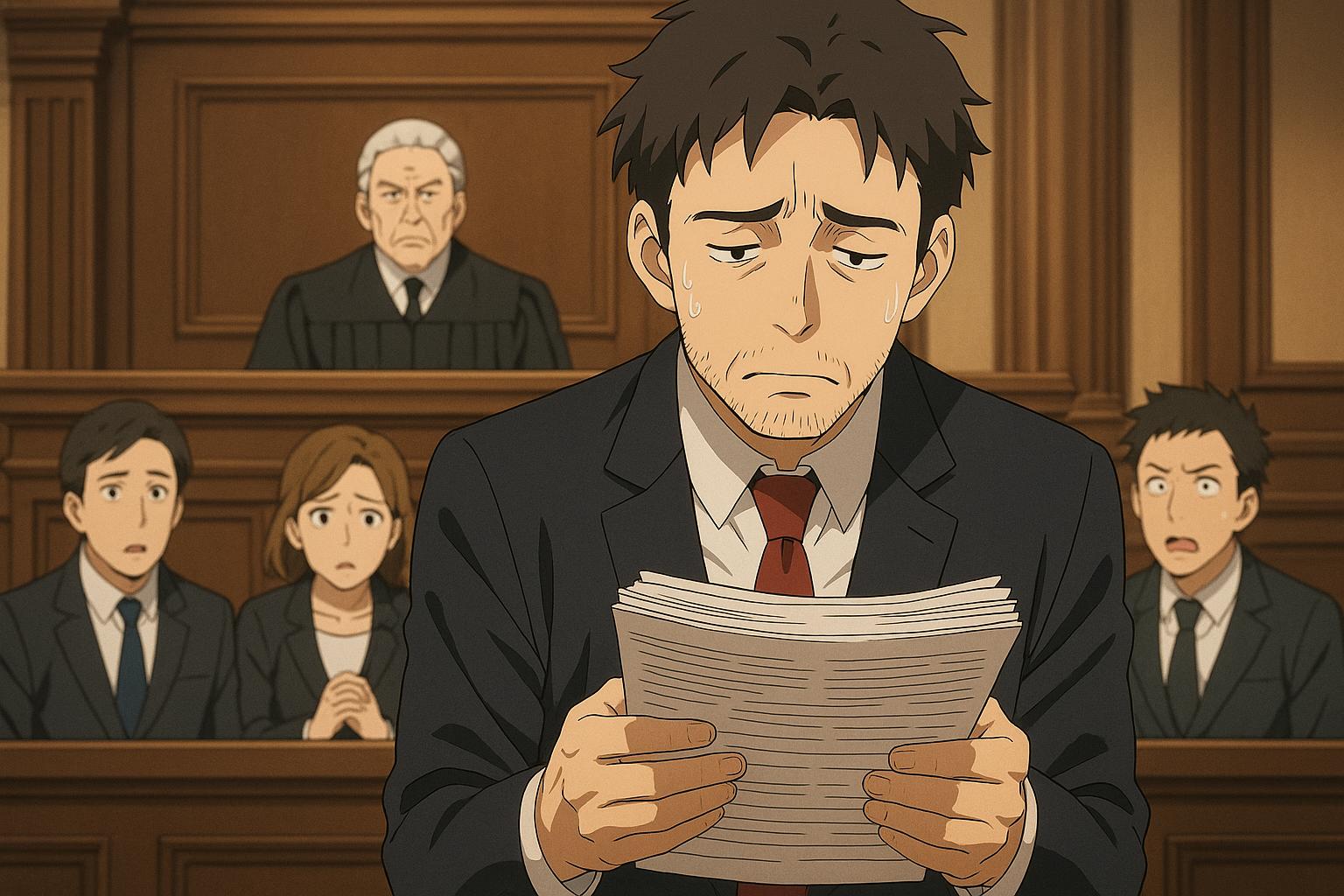The recent proceedings in the High Court have revealed alarming misconduct within the legal profession, spotlighting a solicitor who relied on an astonishing 49 false legal authorities provided by his lay client. This troubling case has prompted profound regret from the solicitor, Abid Hussain of Primus Solicitors in Manchester, as the court grapples with whether to initiate contempt proceedings against him amidst significant concerns regarding professional standards within the legal community.
The hearing underscored the importance of due diligence and verifying the legitimacy of citations submitted to the court. As the judges considered the case of Hamad Al-Haroun v Qatar National Bank Q.P.S.C, they were struck by the reckless abandonment of responsibility displayed by Hussain. Counsel for Hussain, David Lonsdale, posited that the solicitor did not intentionally mislead the court; however, he acknowledged a disturbing lack of discernment in accepting the client’s unverified 'research'. This incident highlights a crucial tenet of legal practice: the onus lies with the solicitor to ensure the accuracy and authenticity of all materials presented, a principle that was glaringly overlooked in this instance.
The implications are grave, as Lonsdale remarked that the very idea of a lay client undertaking legal research should have raised immediate red flags for any competent solicitor. The reliance on such dubious authorities not only undermines the integrity of the legal process but also raises significant questions about the solicitor’s judgement. The judges will deliberate on whether Hussain's actions, which at face value could lead to a miscarriage of justice, warrant regulatory intervention despite claims of non-recklessness.
Similar cases in recent years have revealed a disturbing trend among solicitors involving fraudulent activities. For instance, Richard Lipscombe was imprisoned for posing as a qualified solicitor, representing clients in court while lacking any legal qualifications, a case that underscored his utter disregard for the legal framework. Likewise, Christopher Ka Ki Cheng was struck off after fabricating court documents, which critically misled a client regarding the status of their immigration application. Each of these cases reflects a deeper issue within the profession where trust and integrity are increasingly compromised.
In an even more egregious scenario, Andrew Benson conducted fictitious litigation over three years, fabricating hearings and impersonating senior counsel. Described as 'breathtaking' by the High Court, this incident revealed a systematic approach to deception within a legal context. These examples illustrate a growing concern regarding the accountability of solicitors and the mechanisms in place to regulate their conduct effectively.
As the court reserves judgment in Hussain's case, it serves not only as a critical examination of this singular incident but also as a reflection of the broader challenges facing legal professionals today. The Solicitors Regulation Authority is expected to investigate, and while Hussain has self-reported his involvement, the potential consequences remain imminent. In an environment where professional integrity is paramount, the legal community must recommit to upholding the standards that protect the justice system and assure the public of the competence of its practitioners. The outcomes of these proceedings may well shape the future landscape of legal practice and offer crucial lessons in accountability for solicitors across the UK.
Reference Map:
Source: Noah Wire Services
